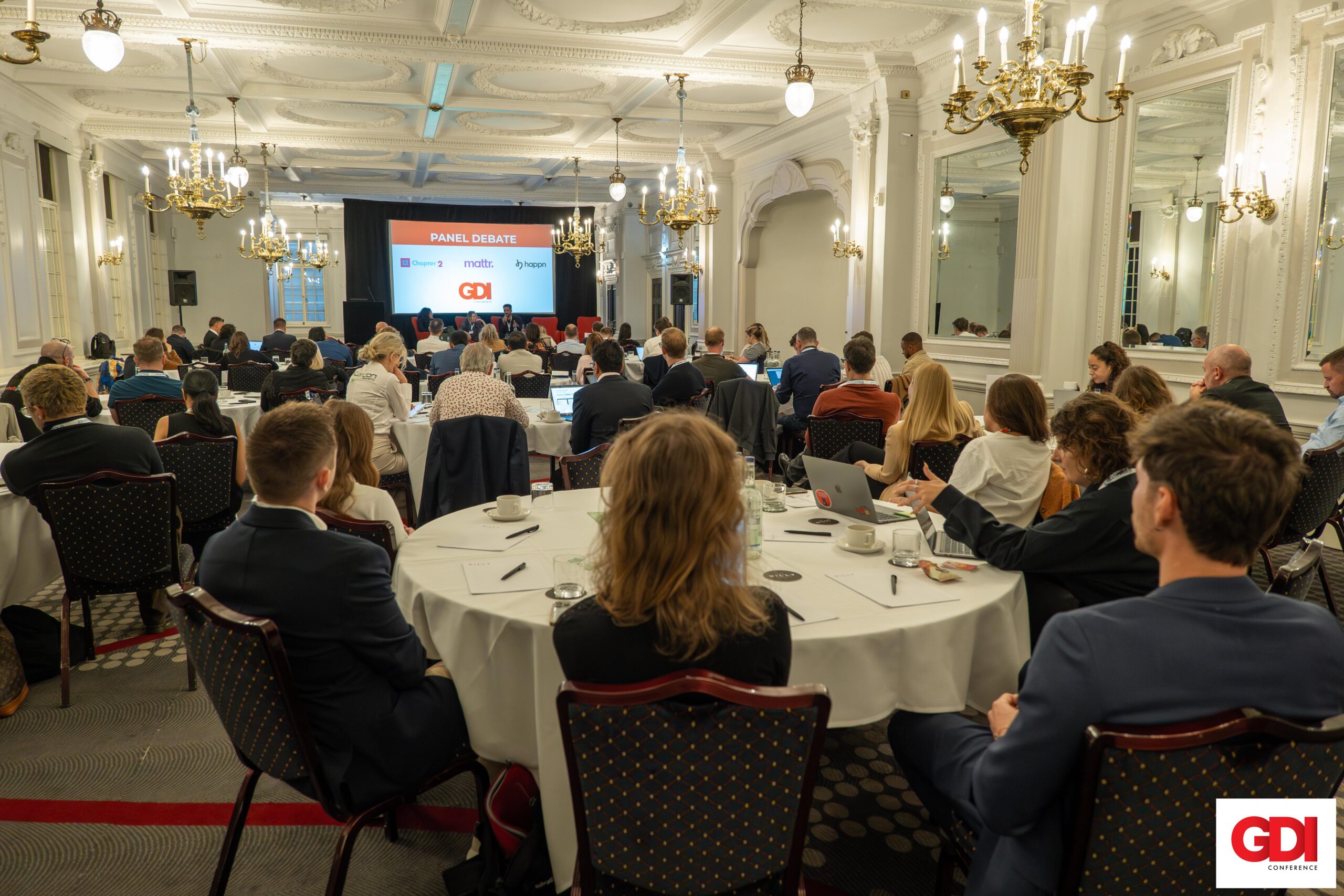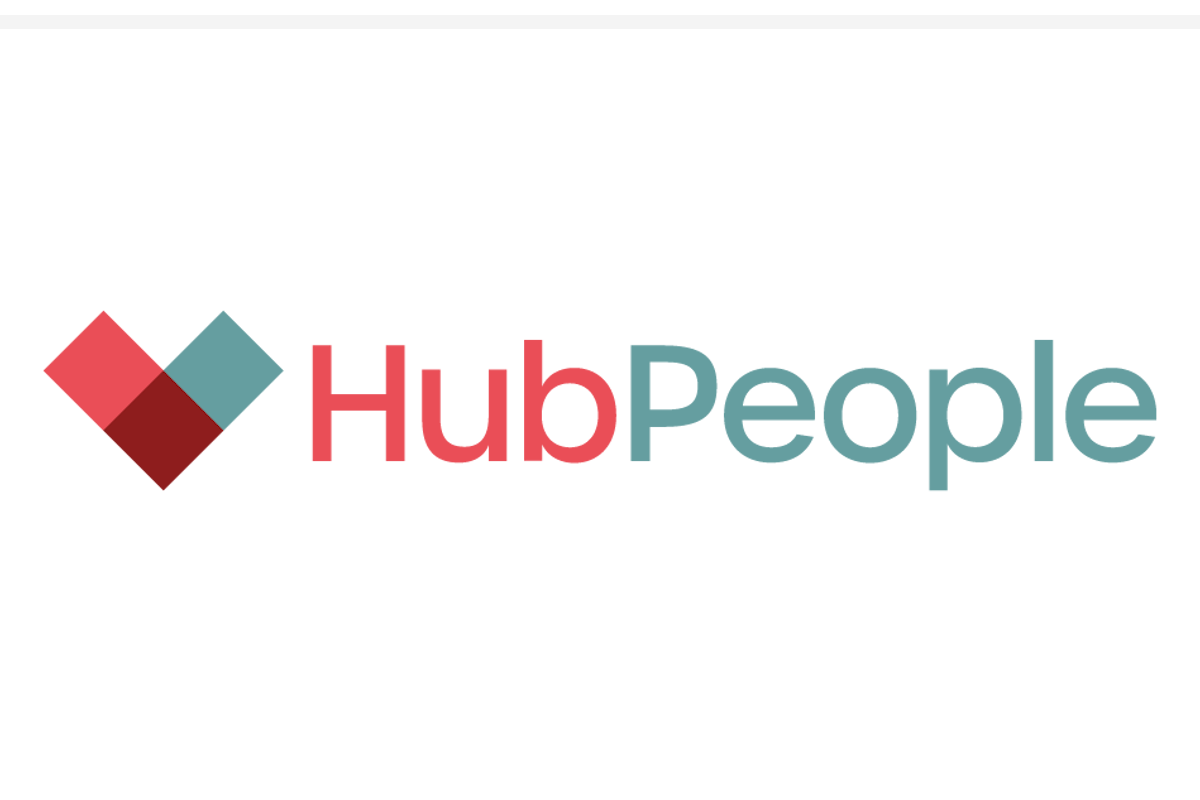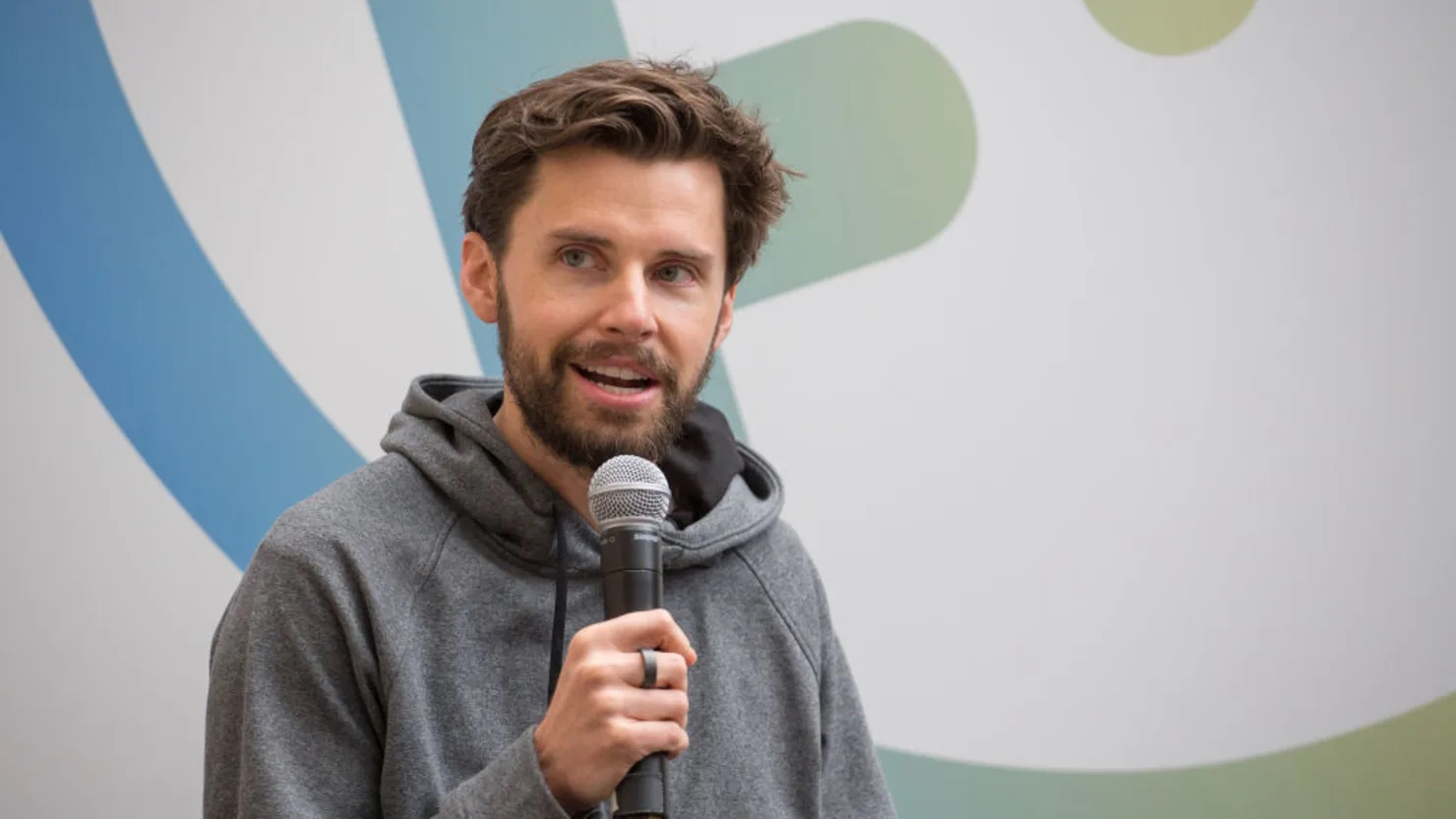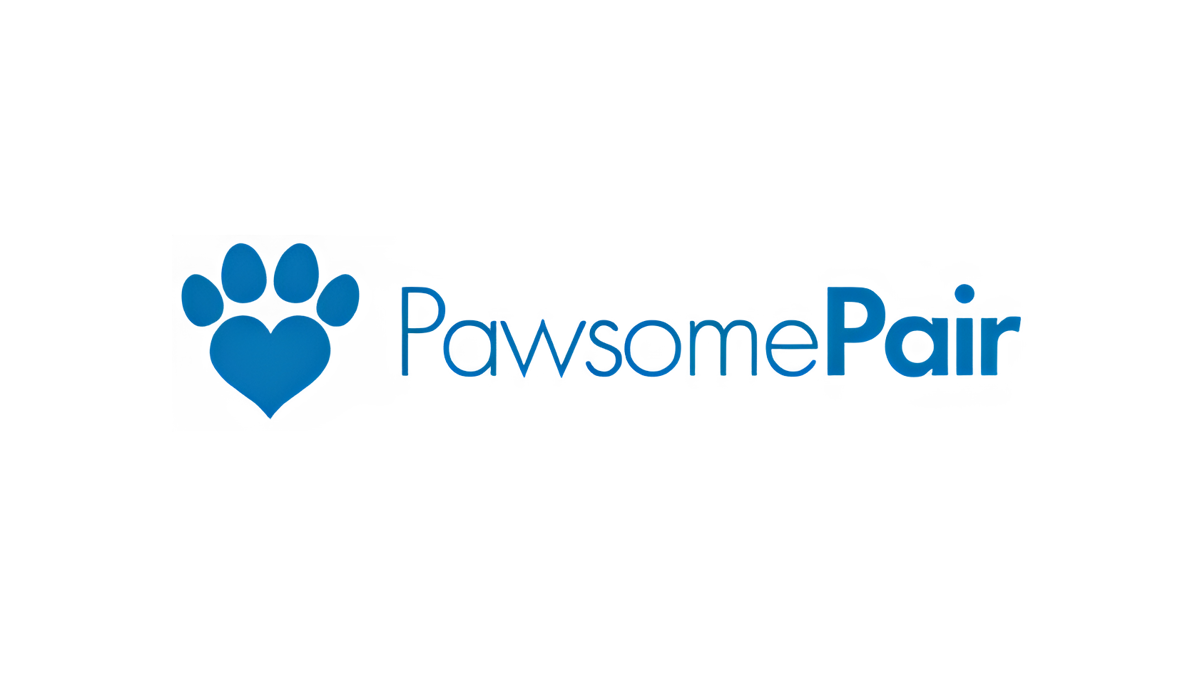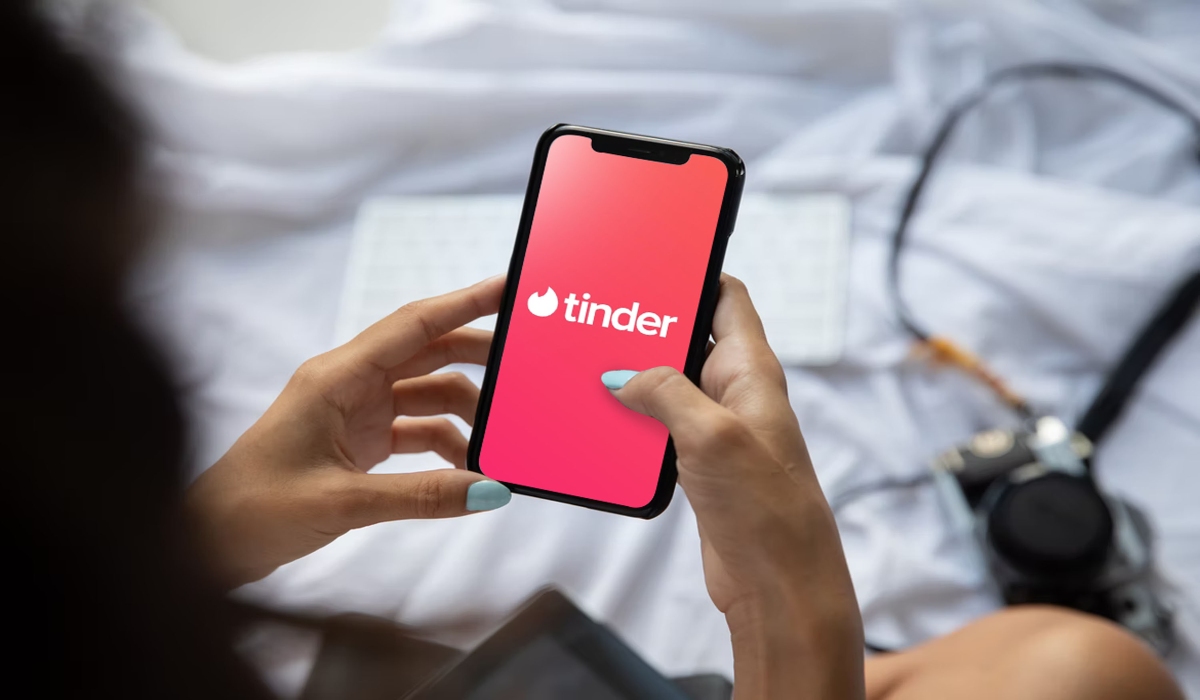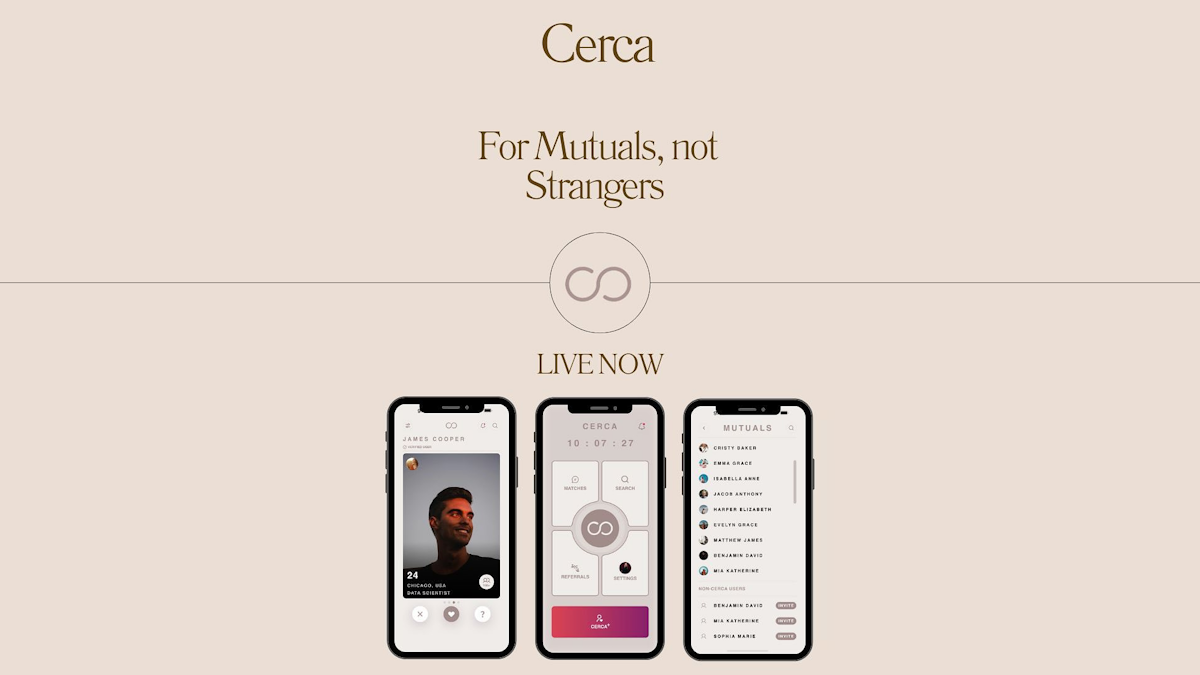A growing concern in the dating industry is the reliance on AI to reinforce users’ preferred “types”, potentially cementing unhealthy patterns rather than promoting compatibility. Many people form a rigid type defined by traits like appearance or height, even when it has previously led to poor relationships – something that has become a point of concern now that AI matching system are far more common on dating platforms.
A study reported on by YouGov that 64 % of U.S. adults report having a type, while 58 % admit they’ve rejected potential partners solely for not fitting it. Meanwhile, a Forbes Health analysis showed that 38 % of people are more open to dating outside their physical type, with 63 % of respondents saying emotional maturity has overtaken appearance as their priority.
While this can streamline matching, industry insiders caution that AI’s reliance on type can trap users in “cycles“, reinforcing familiar but potentially unsuitable patterns. AI matching systems generally scan user preferences, swipes, and behavior to predict ideal partners. While effective at reinforcing past behavior, they lack nuance – unaware of a user’s emotional baggage or relationship history, and with limited options to cull out traits that users want to avoid.
Moreover, AI driven solely by superficial traits may inadvertently reinforce biases such as ageism or prejudice. Marginalized groups – whether defined by size, age, or race – risk being filtered out, as AI perpetuates narrow beauty ideals instead of fostering matches in the same way that a user might themselves. While Tinder’s optional and premium-only height filter has seen mixed responses from different audiences, some argue that AI could enable similar filters without consulting or even telling the user.
As the dating industry sharpens its AI tools, this raises both ethical and functional questions. Developers now have an opportunity – and, in some people’s eyes, a responsibility – to build AI that allows the same flexibility and variety of matches that a user would find if they were searching without AI assistance.

